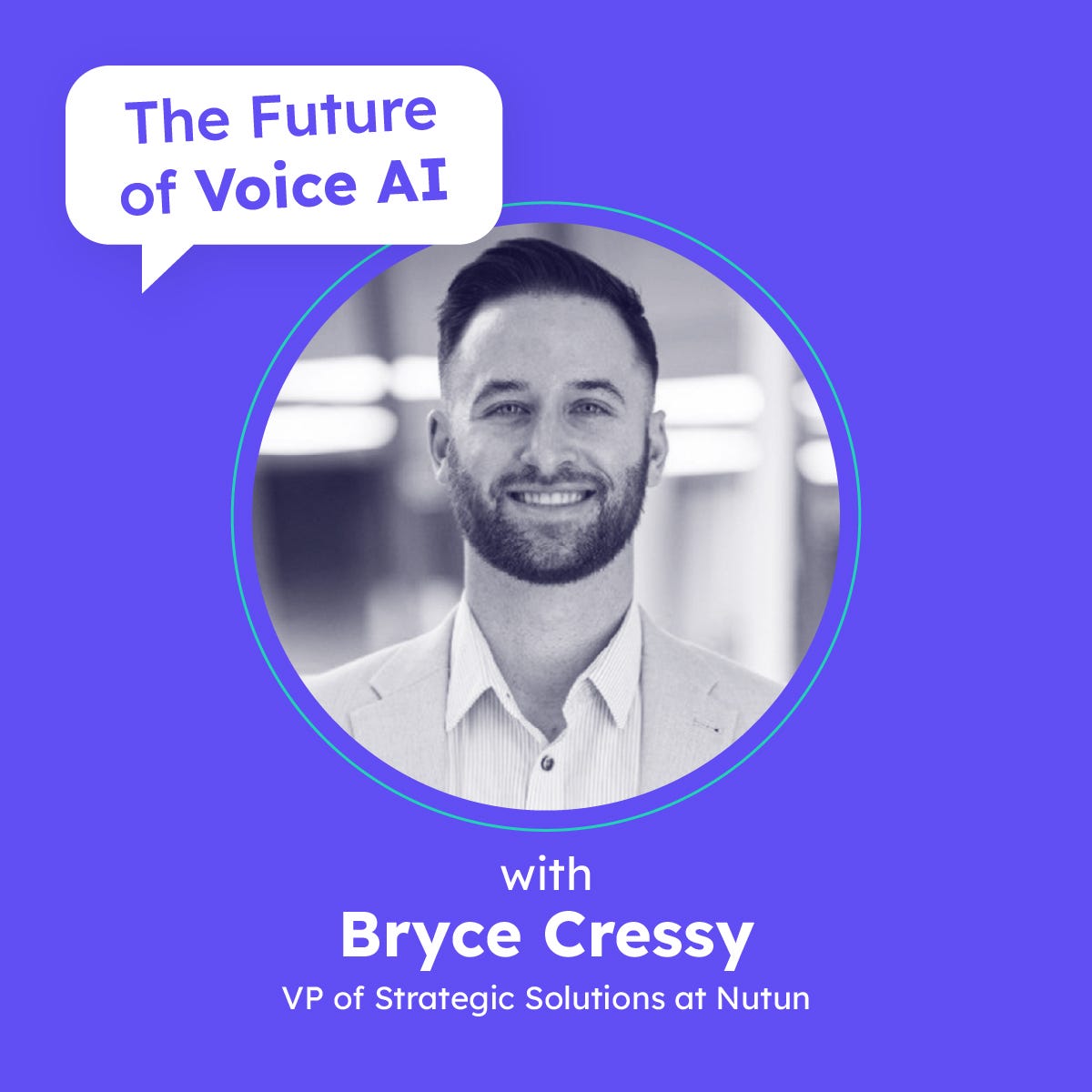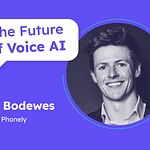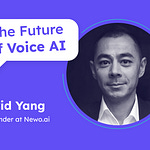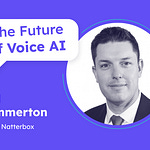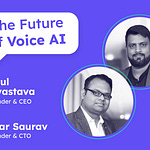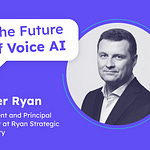In the Future of Voice AI series of interviews, I ask three questions to my guests:
- What problems do you currently see in Enterprise Voice AI?
- How does your company solve these problems?
- What solutions do you envision in the next 5 years?This episode’s guest is Bryce Cressy, VP of Strategic Solutions at Nutun.
Bryce Cressy is the VP of Strategic Solutions at Nutun, where he leads innovation, AI integration, and process optimization across global CX and collections programs. With deep expertise in partnerships and outsourcing, he helps clients futureproof their contact center operations by combining human talent with transformative technology. Based in South Africa, Bryce is a vocal advocate for the region’s rise as a high-skill BPO hub, and works closely with enterprise leaders in the US and UK to design tailored, tech-forward customer experiences.
Nutun is a global BPO headquartered in South Africa, specializing in customer experience and debt collection services for clients in the US, UK, Australia, and beyond. With 30 years of industry experience and a strong foundation in collections, Nutun blends skilled human talent with cutting-edge AI to deliver high-impact, scalable solutions. Nutun is redefining offshore CX by combining local expertise, robust infrastructure, and a commitment to continuous innovation.
Recap Video
Takeaways
AI only works when solving specific, targeted problems; using it as a blanket solution guarantees failure.
The term "agentic AI" is being overused without a shared definition, creating more confusion than clarity.
South Africa's time zone, infrastructure, educated talent pool, and English fluency give it a global CX advantage.
Contact center jobs are now aspirational in South Africa, offering career paths from agent to executive.
Voice still dominates support channels, but without Voice AI, BPOs risk becoming obsolete.
Escalation design is the most critical aspect of Voice AI adoption; bad handoffs will break customer trust.
Voice bots should never trap customers in AI-only loops without access to a human.
Companies afraid of AI hallucinations start with agent-assist tools, not bots—it's a low-risk entry point.
Clear audio is make-or-break for AI accuracy, especially in noisy environments like collections.
IVR menus are outdated; conversational routing with AI voice agents is the new standard.
Smart BPOs are flipping the model, letting humans hand off to bots for routine tasks, not the other way around.
Voice AI isn't just a cost play, it's a CX differentiator that drives loyalty and efficiency.
Many vendors sound the same; what matters is whether their tech solves a real, measurable problem.
AI voice agents won't kill human support, it will triage it—handling volume while preserving empathy.
Customers need to know a human is always available or they'll lose confidence in the brand.
The future of BPOs lies in combining process consulting with selective, surgical AI integration.


